Ethical Considerations in Using ChatGPT in Colleges and Universities
Higher Ed Ethics Watch
AUGUST 2, 2023
Give Credit Where Credit is Due I’m always on the lookout for articles about the use of ChatGPT, especially as it pertains to ethical behavior. I recently read an instructive piece on the Educate Wiser website. In it, the author points out some of the limitations of ChatGPT that include: Generating inaccurate or unreliable information. Reflecting biases that are present in the text it has been trained on.
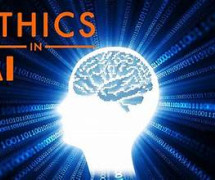
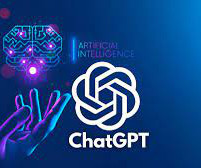
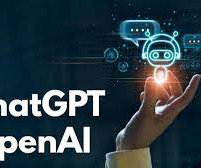

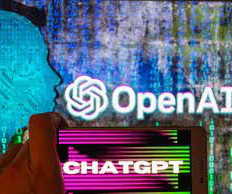


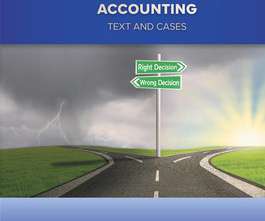
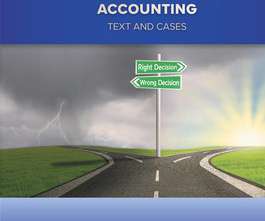

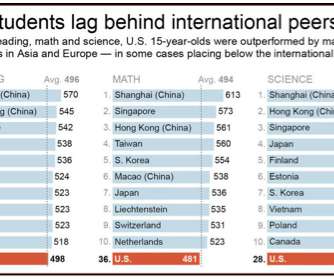










Let's personalize your content